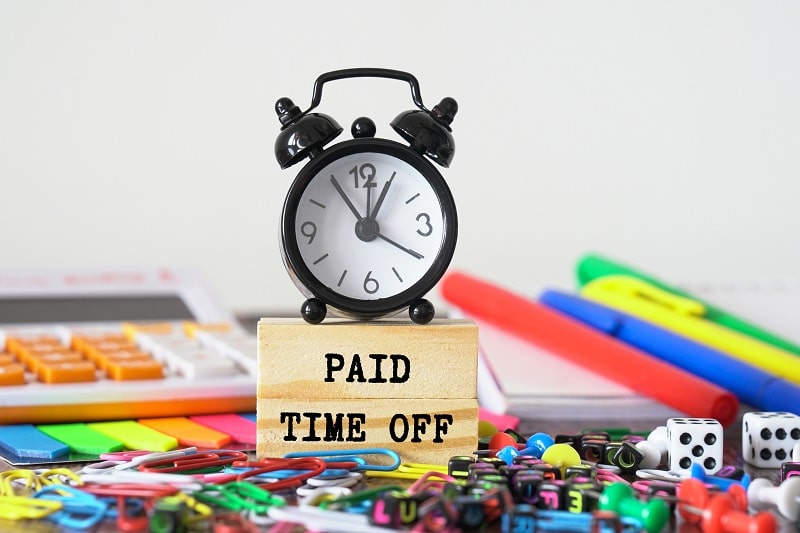
In truth, the gig economy is rapidly expanding as more individuals choose to utilize their skill sets and experience as freelancers. Most people are considering leaving employment and becoming their own bosses. Following an analysis, 59 million American professionals are freelancing as of 2020, accounting for more than a third of US employment.
Most freelancers would advise you to evaluate first if freelance work is suited for you because you want to avoid sailing out only to discover your ship is sinking. Another great suggestion is to list the advantages and drawbacks to help you evaluate both sides of the coin.
What Is Freelancing?

Freelancing is the practice of completing specialized activities for clients without devoting one's self to full-time employment. Freelancers frequently work on many projects for different clients at the same time. Freelancers have gone ahead to create their own rules to obtain the ideal employment structure that we all desire. But, just as office employment has perks and drawbacks, so does freelancing.
Want to know the best part about being a freelancer? You can get jobs of all kinds. Despite being more challenging than earning passive income through internet sharing, freelancing has its perks, with flexibility being on top. In truth, just like a coin has two sides to it, so does freelancing. In this article, we will look at some of these benefits and their related downsides.
Advantage: A Chance to Earn More
With freelancing, you can choose the clients you can work for and maximize your earnings. If you can charge your customers higher rates, you'll earn more in a given amount of time.
Disadvantage: Inconsistent Earnings
Freelancing is like gambling, and at times, there could be no jobs at all. In other cases, some of your clients may even bail out, and you end up losing a major income earner. During these times, maintaining your earnings can get stressful.
Sometimes, you can even have a temporary client who gives you a well-paying job but for just a tiny amount of time. And therefore, once they are gone, it may take time before laying your hands on another client.
Advantage: The Entire Profit Is Yours to Retain
In formal employment, the employee does all the work, but the employer gets to keep most of the profits. However, a freelancer gets to retain all the money made on the job, including the profits that may come from tips offered by clients.
Disadvantage: You Have to Work Extra Hard for the Profits
Admittedly, getting paid is the last step for every freelancing gig. You have to do the job and submit it to the client, and the remuneration you get will depend on the quality of the work and the client's satisfaction.
You, therefore, have to really work hard to get to that last step, which is compensation for the work done. You must work even harder for client satisfaction.
Advantage: You Are Your Own Employer
With freelancing, you get to work on your own terms. There is no one telling you what to do, when to do it, or even how to do it.
Disadvantage: You Are Your Own Employer
(Nope, that's not a typo.) On the other hand, being your own boss gives you so much freedom, and if you are not careful, you could easily lose focus or get off track. People tend to get comfortable since no one keeps them in check. That differs in formal employment, where the employer makes sure everything is going according to plan to achieve the organization's goals.
Advantage: You Enjoy Flexible Working Hours
While working as a freelancer, you can decide what hours you get to work and when to rest or take time off. If you are a morning person, you can work in the wee hours and rest for the remaining part of the day and vice versa. Doesn't that sound enticing?
Disadvantage: No Paid Time Off

While working as a freelancer gives you all the time in the world, it's not ideal if you want to continue making money as you take some time off.
In (most) formal employment, you still get paid even on your time off. But in freelancing, when you take a few days off, you will not be working. Therefore, you receive no compensation during this time.
Takeaway
As discussed, freelancing can be a lifetime income earner once you have discovered what field you want to get into and what freelance work suits you. You can sign up on some of the available freelance websites to land clients who get to rate your work, landing you even more clients if you prioritize quality.
If you are tired of formal employment or feel like whatever job you are doing is not what you intended to do, then this is your chance to quit that job, be your own boss, and work on whatever interests you.










